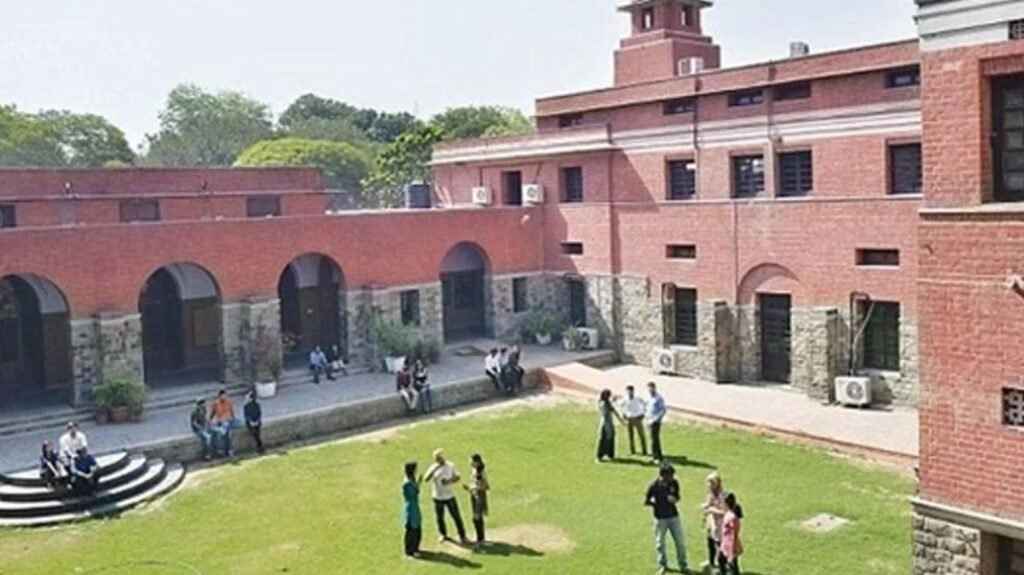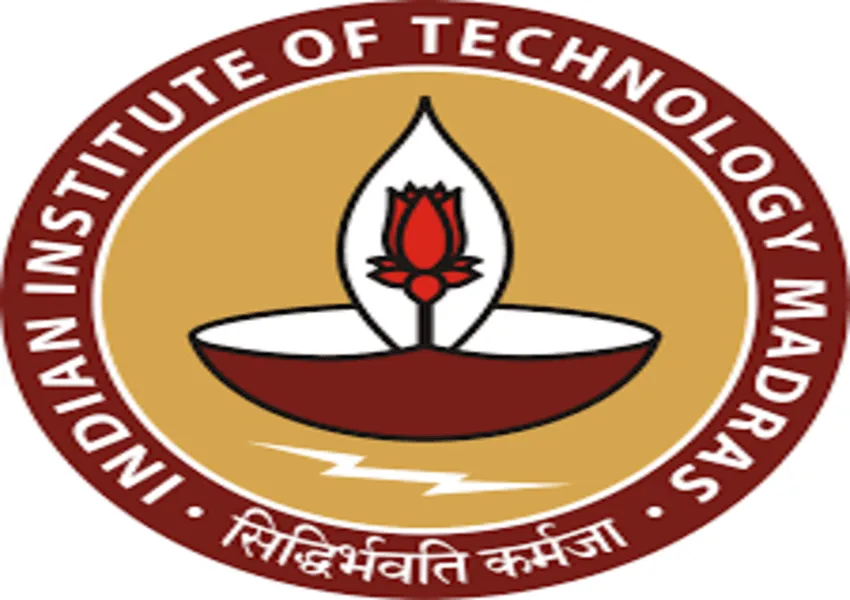- The internationalisation of education inside the country will help the country to grow and will also strengthen the bilateral relationship with the respective country
With regard to National Education Policy 2020 (NEP), universities and other educational institutions are tying the knot with a number of leading foreign institutions to bring international education experience to Indian students. At the same time, these foreign institutions too are aspiring to be the part of Indian education system in seek of skilled and smart Indian talent.
According to the data presented by the Education Ministry in the parliament, the number of students going abroad for studies has witnessed a significant rise of 68 per cent. The report stated that students choosing to study abroad showed an increase from 454,009 in 2017 to 517,998 in 2018 and 586,337 in 2019. In 2022, the number of going abroad for study touched a six-year high and reached 750,365.
These numbers are not only the number of students going out but also the statistics implying draining talent, skill and revenue out of the country. The internationalisation of education inside the country will help the country to grow and will also strengthen the bilateral relationship with the respective country.
Australia is one good friend of India and shares many strategically important partnerships with us. The University of Southern Queensland (UniSQ) is one such institution that visited India in order to build collaboration opportunities for strengthening academic and research programmes.
Commenting on the visit John Dornbusch, Chancellor, UniSQ said, “UniSQ has a rich history of involvement in India, thanks to the Australia-India Strategic Research Grants and Australia-India Council Grants program, that have provided valuable support. Establishing a robust research partnership between Australia and India is a fundamental aspect of UniSQ’s strategy.”
He called ‘Internationalisation’ the core strategy of his university especially in India as the country is a rapidly growing market. Dornbusch applauded the economic development and inspiring vision of India to achieve a 5 trillion economy by 2030, and he believes education can play a Dornbusch very crucial role in it.
The chancellor expressed huge possibilities of having collaboration in the agriculture sector as the university has good experience in the field. Dornbusch also showed his willingness to establish partnerships with Indian universities in the field of defence, climate change and health.
While answering why India is an emerging attractive market for the world, Professor Ren Yi, UniSQ Pro Vice Chancellor (International), said, “India is a vibrant and rapidly growing economy, with a rich and diverse culture and a long history of intellectual and scientific achievements. We are excited to explore new opportunities for collaboration and exchange with Indian institutions that will help drive forward our shared objectives of excellence in education and research along with the promotion of social justice and sustainable development.”
Both professors also shared the prestigious history of UniSQ has given alumni in multiple fields including Naveen Jindal and Rajvardhan Singh Rathore.
The professors also highlighted the Australia-India Strategic Research Grants and Australia-India Council Grants program, which have provided valuable support. Establishing a robust research partnership between Australia and India is a fundamental aspect of UniSQ’s strategy.
Established in 1967, the University of Southern Queensland is a research-intensive regional university that provides flexible degree programmes. Students benefit from on-campus studies, flexible online options and trusted national and international education partners.



